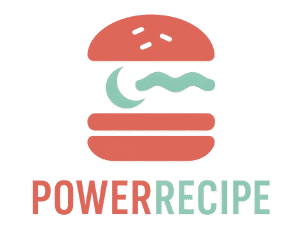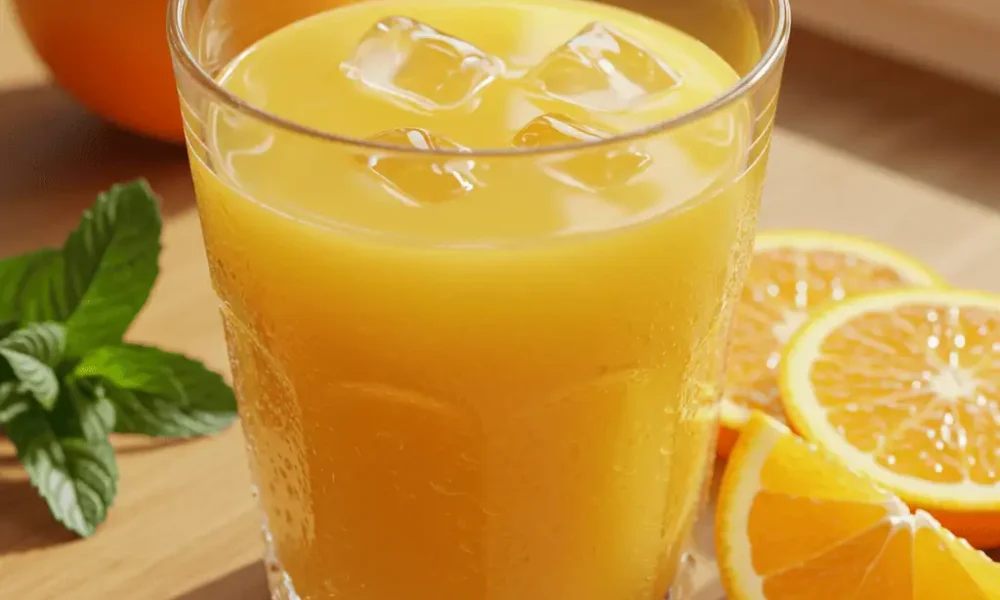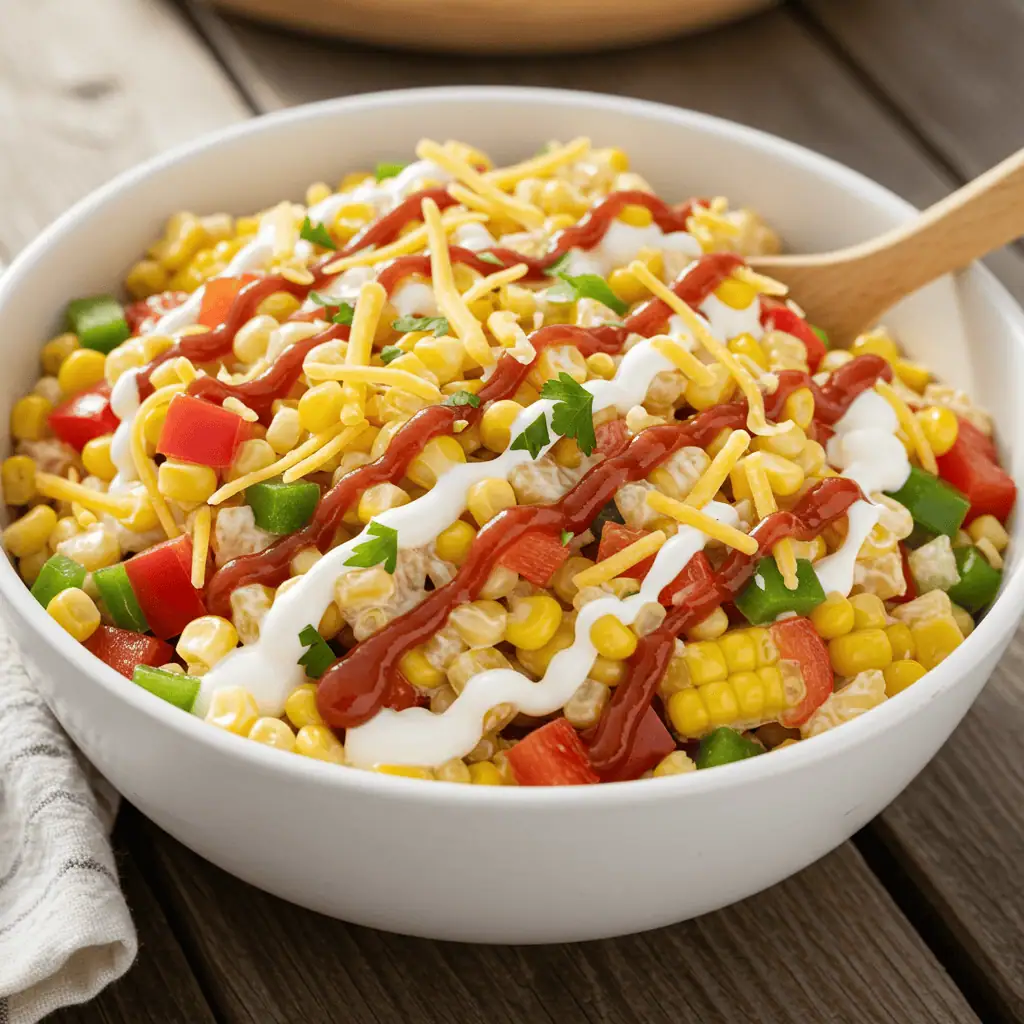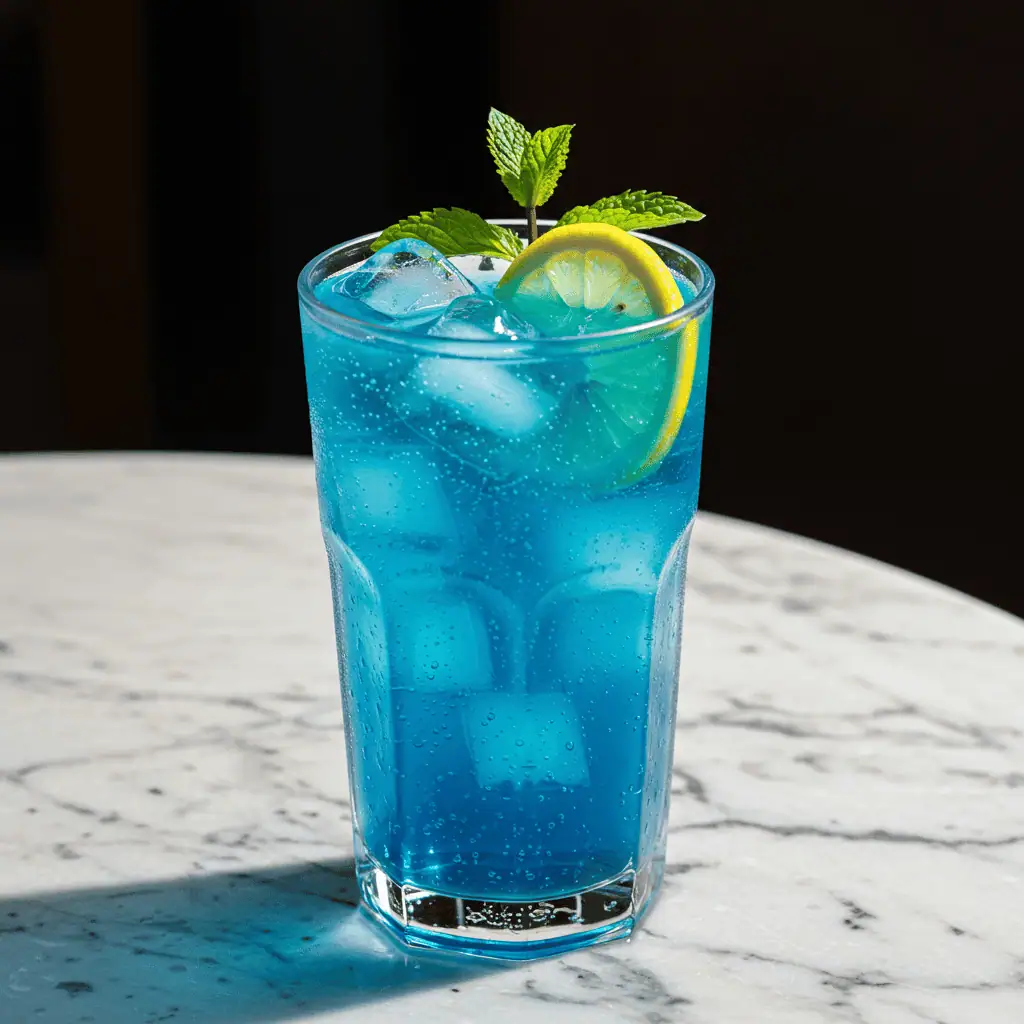Orange Juice Electrolytes – The Citrus Secret to Natural Hydration
Think orange juice is just for breakfast? Think again. Beyond its bright taste and vitamin C boost, orange juice electrolytes offer one of the most natural ways to hydrate your body and restore essential minerals. Whether you’re recovering from a workout, battling summer heat, or just looking for a clean alternative to sports drinks, OJ might be your new hydration hero.
In this guide, we’ll break down the real electrolyte content in orange juice, explore how it compares to other juices, and show you how to make simple, effective orange juice electrolyte drinks at home. Plus, we’ll debunk myths and answer the top questions people ask about citrus-based hydration.
Looking for more hydration hacks? Check out these Lotus Energy Drink Recipes for extra flavor and fuel.
Understanding Electrolytes and Why They Matter
What Are Electrolytes and How Do They Function in the Body?
Electrolytes are minerals that carry an electric charge and are critical to virtually every process inside your body. These include sodium, potassium, magnesium, calcium, chloride, and phosphate. They regulate fluid balance, muscle contractions, nerve impulses, and pH levels.
Without the proper electrolyte levels, you may experience:
- Muscle cramps
- Fatigue
- Dizziness
- Irregular heartbeat
- Poor recovery after physical activity
That’s why rehydrating with electrolyte-rich drinks is essential—especially after sweating, working out, or spending time in the heat.
Signs You Might Be Low on Electrolytes
While everyone loses electrolytes through sweat and urine, not replenishing them fast enough can lead to imbalance. Here are common symptoms of low electrolytes:
- Excessive thirst
- Headaches
- Weakness
- Mental fog
- Craving salty foods
- Muscle twitches or soreness
This is where a natural solution like orange juice electrolytes can step in—providing fast hydration with the added bonus of vitamins and antioxidants.
Common Sources: Natural Foods vs. Commercial Drinks
Let’s take a quick look at where most people get their electrolytes:
| Source | Electrolytes Present | Pros | Cons |
|---|---|---|---|
| Bananas | Potassium | Easily accessible, natural | Limited hydration benefit |
| Coconut Water | Potassium, sodium | Excellent rehydrator | Pricey and not always fresh |
| Sports Drinks | Sodium, sugar | Replenish fast, portable | Often high in artificial sugar and dyes |
| Orange Juice | Potassium, magnesium, calcium | Natural, antioxidant-rich | Must watch portion size |
Unlike sports drinks that rely on processed sugars, orange juice contains natural electrolytes, real fruit sugars, and beneficial plant compounds like hesperidin, a citrus antioxidant that supports blood vessel health.
Does Orange Juice Have Electrolytes?
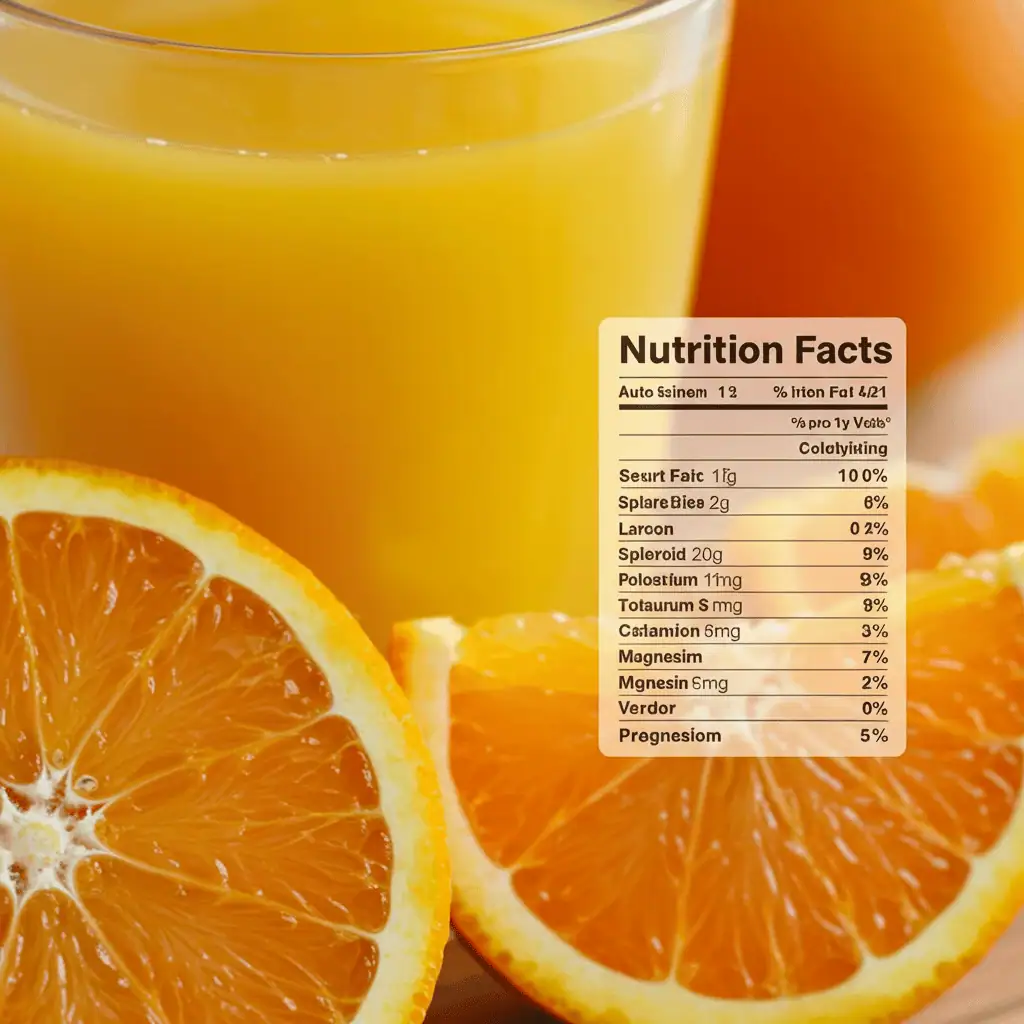
A Look at the Electrolyte Content of Orange Juice
Yes—orange juice absolutely contains electrolytes. While not as heavily marketed for hydration as sports drinks or coconut water, orange juice is a naturally rich source of:
- Potassium (around 500 mg per 8 oz glass)
- Calcium (if fortified—up to 350 mg per serving)
- Magnesium (approx. 25 mg)
- Phosphorus (small but present)
That potassium level is significant—it plays a key role in regulating heartbeat, muscle contraction, and fluid balance. In fact, potassium is the electrolyte most commonly lost through sweat, and orange juice helps replenish it easily.
Potassium, Magnesium, Calcium – What’s in Every Glass?
Here’s a simplified breakdown:
| Nutrient | Amount (per 8 oz glass) | Benefit |
|---|---|---|
| Potassium | 450–500 mg | Maintains fluid and nerve function |
| Magnesium | 20–25 mg | Supports muscle function and recovery |
| Calcium* | Up to 350 mg (*if fortified) | Aids bone strength and muscle signaling |
| Vitamin C | Over 100% DV | Supports immunity and oxidative recovery |
Orange juice is a naturally balanced electrolyte drink—it rehydrates, energizes, and provides additional immunity and wellness benefits.
Comparison with Other Juices and Sports Drinks
| Beverage | Electrolyte Profile | Added Sugars? | Verdict |
|---|---|---|---|
| Orange Juice | Potassium, magnesium | No (if 100% juice) | ✅ Excellent |
| Coconut Water | Potassium, sodium | No | ✅ Very Good |
| Apple Juice | Very low potassium | Often yes | ❌ Weak Electrolyte |
| Sports Drinks | Sodium-heavy, low potassium | Yes | ⚠️ High sugar/low natural nutrients |
Explore our Watermelon Hydration Drink comparison for another fruit-based electrolyte hero.
Nutritional Breakdown of Orange Juice
Key Electrolytes per 8 oz Serving
Here’s what you get in one typical serving (1 cup / 240 mL) of 100% orange juice:
- Potassium: 10% of daily value
- Magnesium: 5%
- Calcium: 20–35% if fortified
- Phosphorus: 2–3%
Orange juice not only hydrates—it nourishes.
Vitamin C, Natural Sugars & Hydration Synergy
OJ contains:
- 21 grams of natural sugars – enough to fuel quick hydration without a spike when combined with fiber or fat
- Vitamin C – which aids in reducing inflammation and oxidative stress
- Folate & Thiamin – supporting metabolism and energy usage
These nutrients work together to deliver a refreshing hydration boost with immune and muscle recovery support.
How Orange Juice Supports Immune + Fluid Balance
Thanks to its vitamin C and potassium combo, orange juice helps:
- Strengthen your immune barrier
- Reduce exercise-related oxidative damage
- Rehydrate cells while restoring electrolyte balance
Need a full rehydration strategy? Don’t miss our Instant Hydration Ingredients resource.
Is Orange Juice a Strong or Weak Electrolyte?
What “Strong” and “Weak” Electrolyte Means in Nutrition
In science, “strong” electrolytes dissociate completely in water (like table salt), while “weak” electrolytes only partially dissociate. In nutrition terms, we’re not splitting molecules—we’re interested in how well a drink replenishes key electrolytes.
Why Orange Juice Is Considered a Mild Natural Electrolyte
OJ isn’t a laboratory electrolyte, but it’s a natural, moderate electrolyte source, ideal for:
- Light to moderate activity
- General hydration throughout the day
- Children, older adults, or those avoiding artificial additives
It may not match a salt-heavy sports drink after a marathon, but it’s perfect for everyday hydration.
Situations Where OJ Outperforms Commercial Hydration Drinks
- After light-to-moderate exercise
- When recovering from illness
- During fasting windows (with fiber)
- Morning rehydration after sleep
If you’re building a natural wellness routine, see how citrus fits into our Natural Mounjaro Recipe Weight Loss.
The Best Time to Drink Orange Juice for Electrolytes
Morning Energy & Post-Workout Recovery
Best times to drink OJ for hydration:
- First thing in the morning (with or before breakfast)
- Immediately post-workout
- After sauna or heat exposure
- After stomach illness (for fluid/salt recovery)
Is It Good Before or After Meals?
OJ is best consumed with or shortly after a meal to help buffer sugar absorption and prolong hydration effects.
How to Balance Sugar Intake While Maximizing Benefits
- Opt for freshly squeezed or 100% OJ
- Combine with protein or fat to slow sugar absorption
- Avoid drinking multiple glasses per day—8 oz is optimal
Homemade Orange Juice Electrolyte Drink Recipes
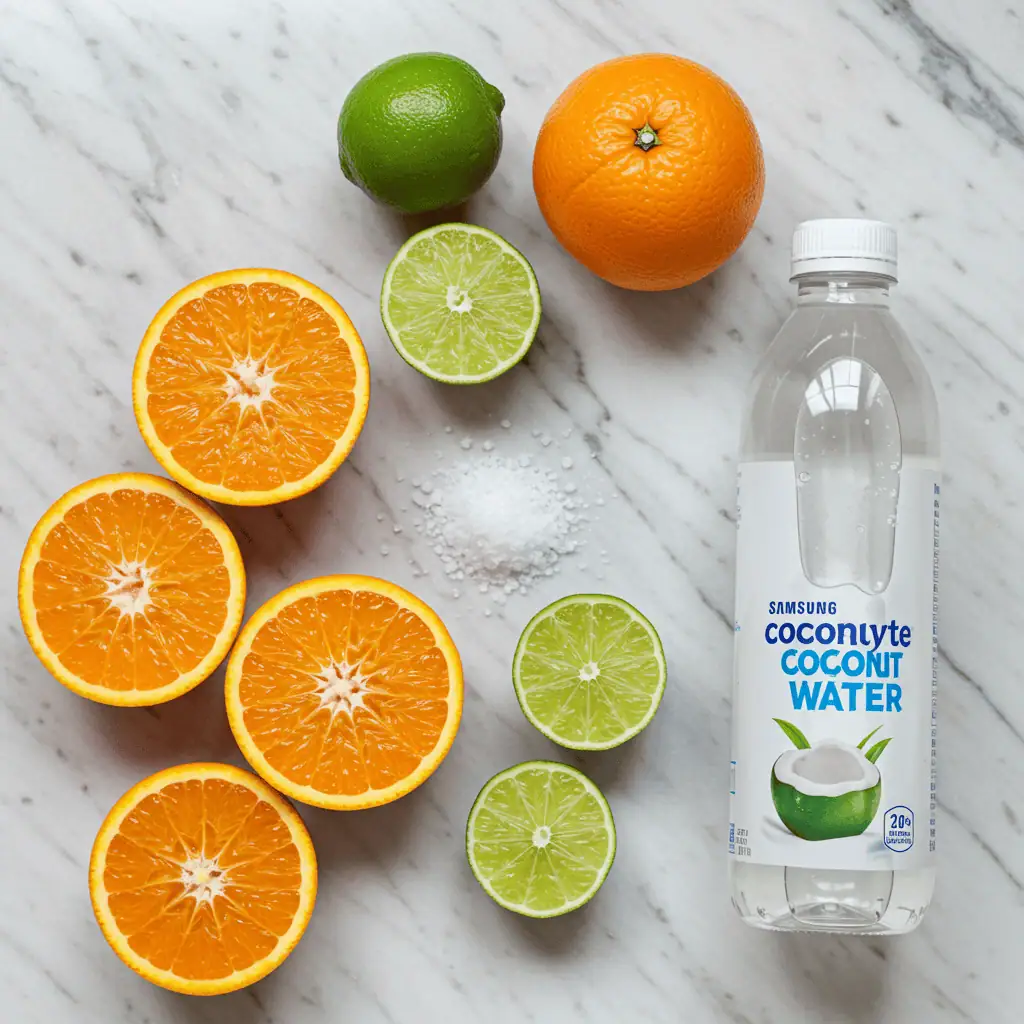
Basic Citrus Electrolyte Juice Recipe (with keyword)
Ingredients:
- 1 cup fresh orange juice
- 1/4 tsp sea salt or pink salt
- Juice of 1/2 lemon or lime
- 1/2 cup filtered water
- Optional: 1 tsp honey or maple syrup (if needed)
- Ice
Instructions: Mix everything, shake, serve chilled. Great post-workout or on hot days!
Orange-Coconut Electrolyte Refresher
- 1/2 cup OJ + 1/2 cup coconut water
- Add lime juice and a pinch of salt
- Blend with ice for a tropical-style electrolyte drink
Spicy Citrus Hydration Shot
- Orange juice + ginger juice + lemon + pinch of cayenne and salt
- Boosts metabolism and recovery
Check out our Pink Salt Diet Recipe for a mineral-rich alternative addition to these drinks.
Best Juices for Electrolyte Replenishment
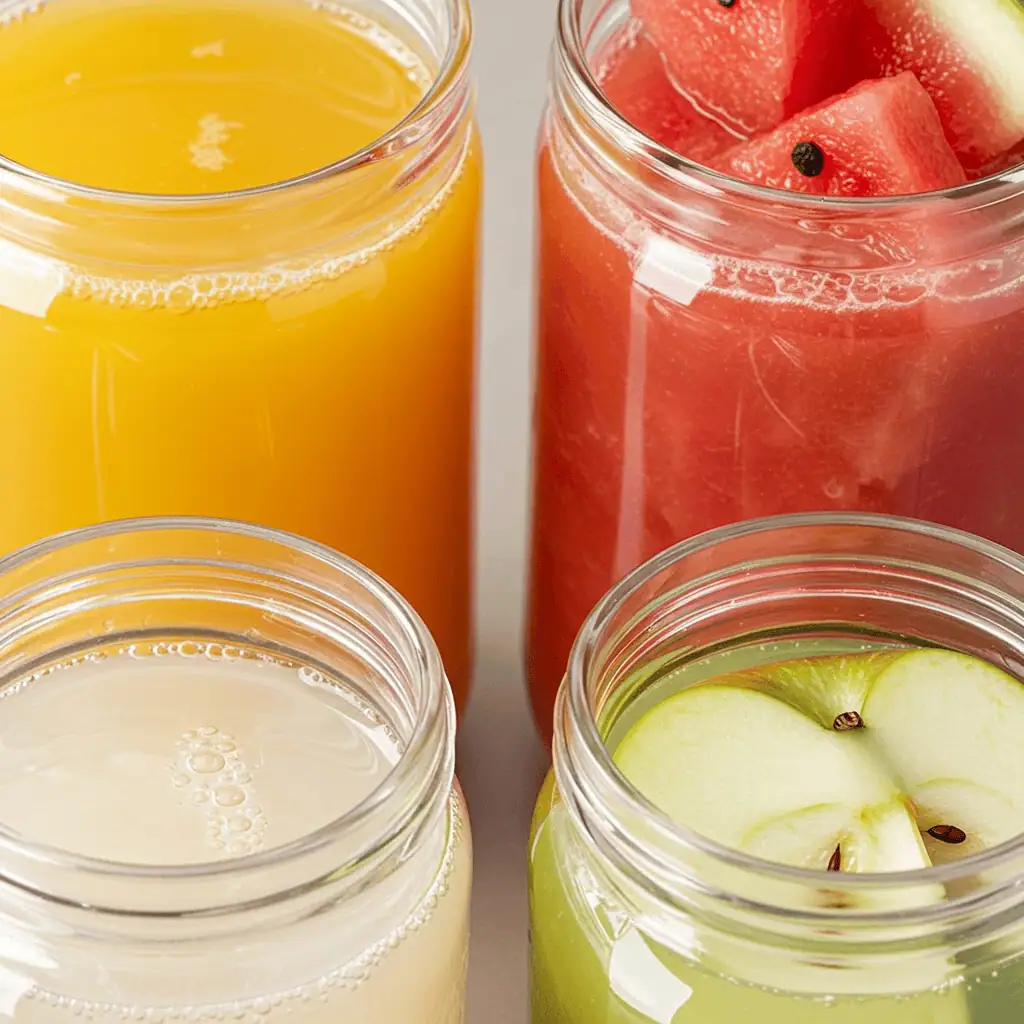
How Orange Juice Stacks Up Against Coconut Water, Watermelon & More
| Juice | Potassium | Magnesium | Sodium | Overall Score |
|---|---|---|---|---|
| Orange Juice | ✅ High | ✅ Mild | ❌ Low | ⭐⭐⭐⭐ |
| Coconut Water | ✅ Very High | ✅ Moderate | ✅ Some | ⭐⭐⭐⭐½ |
| Watermelon Juice | ✅ High | ✅ Low | ❌ Low | ⭐⭐⭐⭐ |
| Apple Juice | ❌ Low | ❌ Low | ❌ Low | ⭐⭐ |
Juice Blends That Maximize Electrolytes
- Orange + Coconut + Lime
- Watermelon + OJ + Mint
- Citrus + Pink Salt + Ginger
How to Choose the Best Natural Juice-Based Hydration Drink
- Look for 100% juice, no added sugars
- Add your own sea salt or coconut water
- Choose high-potassium fruits like citrus, melon, banana
Orange Juice in Athletic & Wellness Diets
Is Orange Juice Good for Runners, Lifters, and Active Adults?
Yes—when used in moderation and strategically timed, OJ is a great recovery drink. It replenishes glycogen, potassium, and antioxidants lost during training.
Orange Juice as a Pre-Workout or Recovery Drink
Pre-workout: Combine 4 oz OJ with water and salt 30 min before
Post-workout: Mix OJ with protein or collagen for recovery and hydration
Integrating Orange Juice into Electrolyte-Boosting Meal Plans
- Breakfast: OJ + chia pudding
- Snack: OJ hydration shot + almonds
- Workout days: OJ + coconut blend post-training
- Low-sugar days: Dilute 50% OJ with water
Want to pair OJ with fat-burning strategies? Don’t miss our Monster Energy Juice Dessert Review.
Myths and Truths About Orange Juice and Electrolytes
“OJ Has Too Much Sugar to Be Healthy” – Fact Check
OJ does contain sugar—but it’s natural sugar with nutrients, not refined sugar. When consumed in moderate servings (4–8 oz), it’s completely healthy and hydration-supportive.
“You Should Only Drink Electrolyte Powders” – Debunked
Powders have their place, but they often contain flavors, dyes, and synthetic additives. Orange juice provides real electrolytes with bonus vitamins, flavor, and no lab-made ingredients.
How to Use Orange Juice Safely in a Balanced Hydration Plan
- Pair with clean meals
- Use post-exercise or after sweating
- Avoid gulping 16+ oz daily unless replenishing fast
- Always choose 100% juice
FAQ Section
Do orange juices have electrolytes?
Yes, orange juice contains potassium, magnesium, and calcium (if fortified). It’s a natural, easy way to restore electrolyte balance.
Which juice is best for electrolytes?
Coconut water is the highest, but orange juice offers a great balance of electrolytes, vitamin C, and taste—making it one of the top picks.
Is orange juice a strong or weak electrolyte?
It’s a mild electrolyte source—natural, clean, and perfect for everyday hydration, though not as concentrated as sports drinks.
What is the best drink to boost your electrolytes?
A homemade orange juice electrolyte drink with salt and lemon rivals any store-bought sports drink—cleaner and just as effective.
Conclusion
Orange juice isn’t just a breakfast staple—it’s a powerful tool in your hydration arsenal. Rich in potassium, magnesium, and vitamin C, it helps restore fluid balance, fuel recovery, and strengthen your immune system. Whether you’re an athlete, a busy parent, or just trying to stay healthy in the heat, a well-made orange juice electrolyte drink is a refreshing and functional choice.
Want more natural hydration ideas? Don’t miss our Lotus Energy Drink Recipes and citrus-rich blends to keep you energized, nourished, and balanced.
